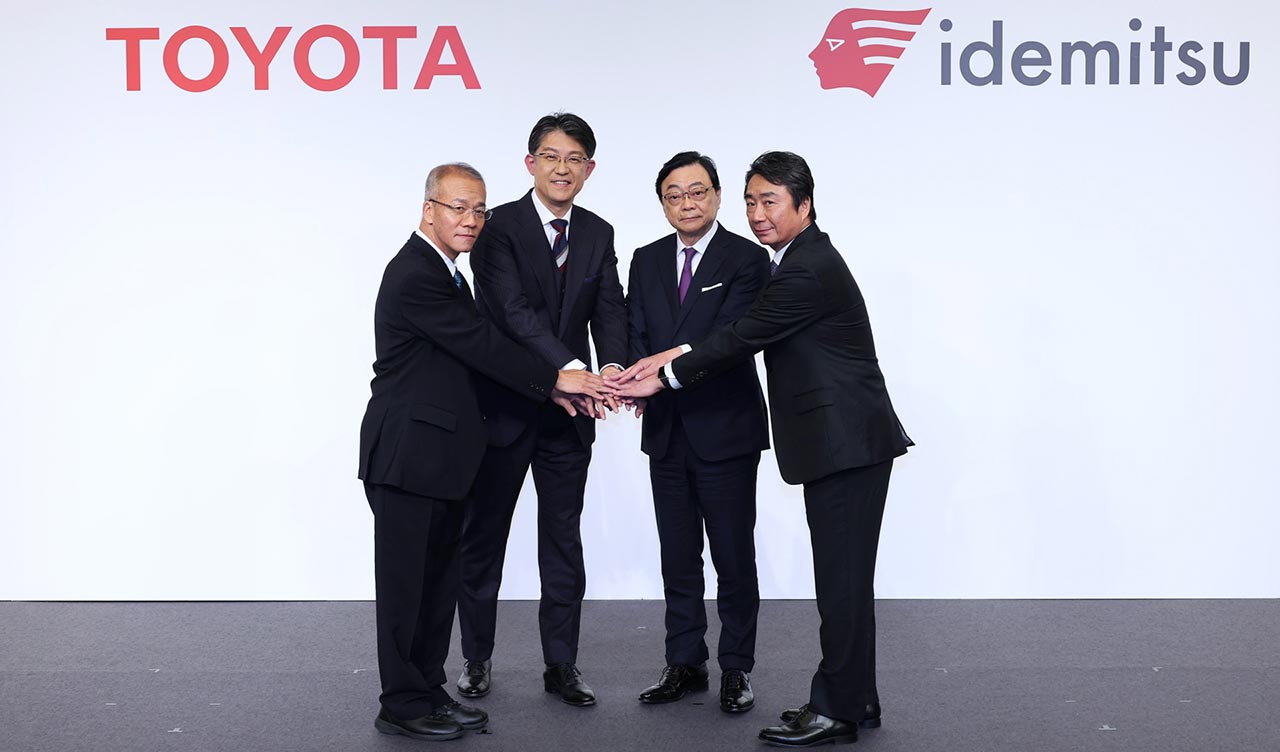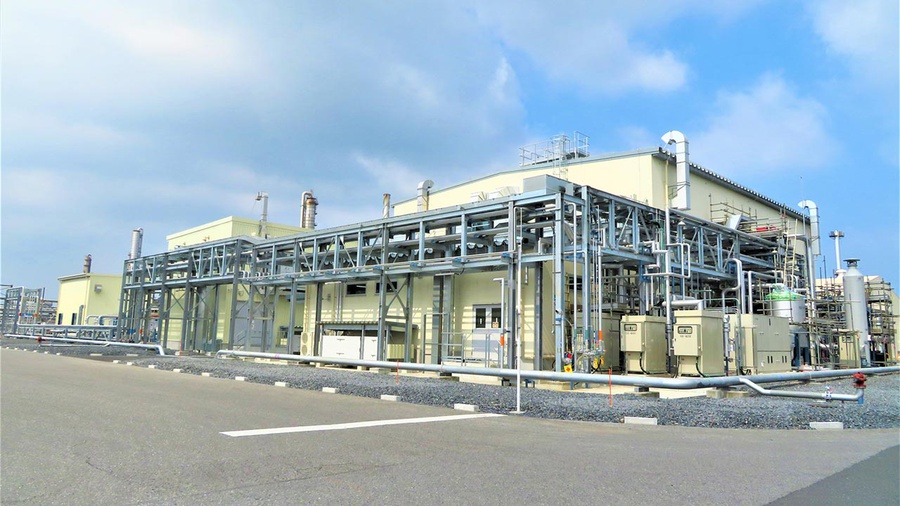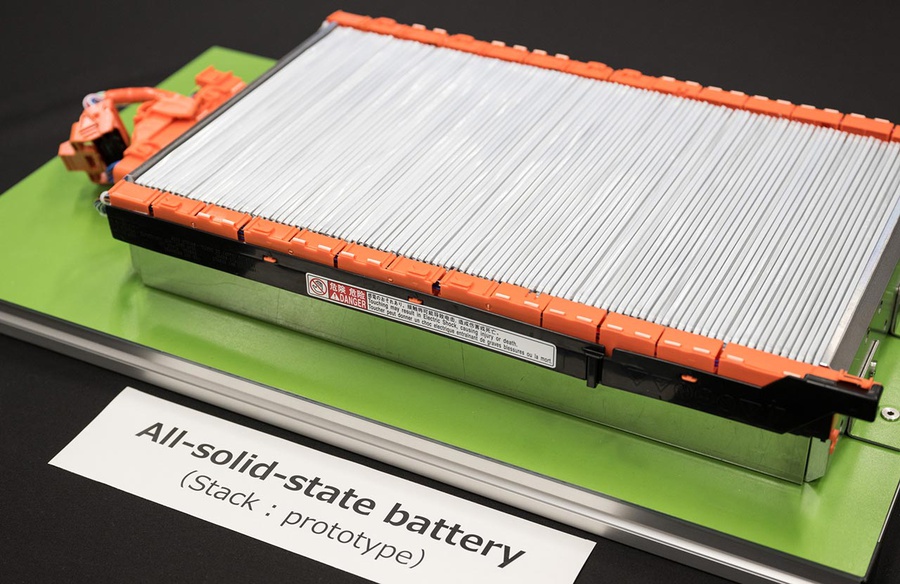Setting aside the paradox of an oil company venturing into the EV battery sector, it's significant to mention that Idemitsu has been researching sulfide solid electrolytes since 2001. The company also operates a small-scale pilot facility, whose production capacity has been on the rise since its introduction in June.
Recently, Toyota revealed its battery technology roadmap, highlighting that the inaugural generation of solid-state batteries for its EVs is anticipated around 2027-2028. These batteries are expected to provide a driving range exceeding 1,000 kilometers (621 miles) on a full charge. Moreover, recharging from a 10 percent State of Charge (SoC) to 80 percent could be accomplished in roughly 10 minutes using a DC fast charger.
Compared to traditional lithium-ion batteries with liquid electrolytes, solid-state batteries offer advantages like better thermal stability, quicker energy transfer, and a more compact design.
The partnership between Toyota and Idemitsu will unfold in three distinct phases. The initial phase focuses on enhancing the quality, cost-effectiveness, and production timelines for sulfide solid electrolytes.
In the second phase, Idemitsu will build a large-scale pilot facility to ramp up mass production of solid electrolyte-based batteries. Concurrently, Toyota will concentrate on incorporating these all-solid-state batteries into its next-generation battery electric vehicles (BEVs), aiming for a market debut in 2027-2028.
The third and concluding phase involves both companies exploring strategies for the full-scale manufacturing and commercialization of EVs equipped with solid-state batteries.
Though a detailed timeline for the three-phase plan wasn't disclosed, Toyota's President and CEO, Koji Sato, stated that a persistent technical challenge for solid-state batteries has been the cracking between anodes, cathodes, and solid electrolytes during repetitive charge and discharge cycles, which undermines battery performance.
“Through repeated trial and error and by combining the material technologies of both companies, we have been able to develop a crack-resistant material that demonstrates high performance,” he added.
“By combining this new solid electrolyte with the Toyota Group's cathode and anode materials and battery technologies, we are now on the path toward achieving both performance and durability in solid-state batteries.”
At the same time, Idemitsu Kosan President and CEO Shunichi Kito said that sulfide-based solid electrolytes, which are byproducts of improving petroleum products, are the most promising solution for EV battery issues like cruising range and charging times.
“Idemitsu discovered the usefulness of sulfur components in the mid-1990s, and through our research and technological capabilities cultivated over many years, we have succeeded in creating a solid electrolyte,” said Idemitsu’s CEO. “This solid electrolyte is about to open up a new future for mobility.”
Source: Toyota




